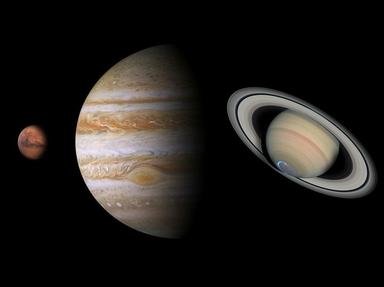
Order our Solar System Trivia Quiz
This is a test quiz for a new "Order Quiz" format that is coming soon! In this quiz, you need to order the things in our solar system from closest to the sun to farthest, starting at the Sun.
An ordering quiz
by Terry.
Estimated time: 3 mins.